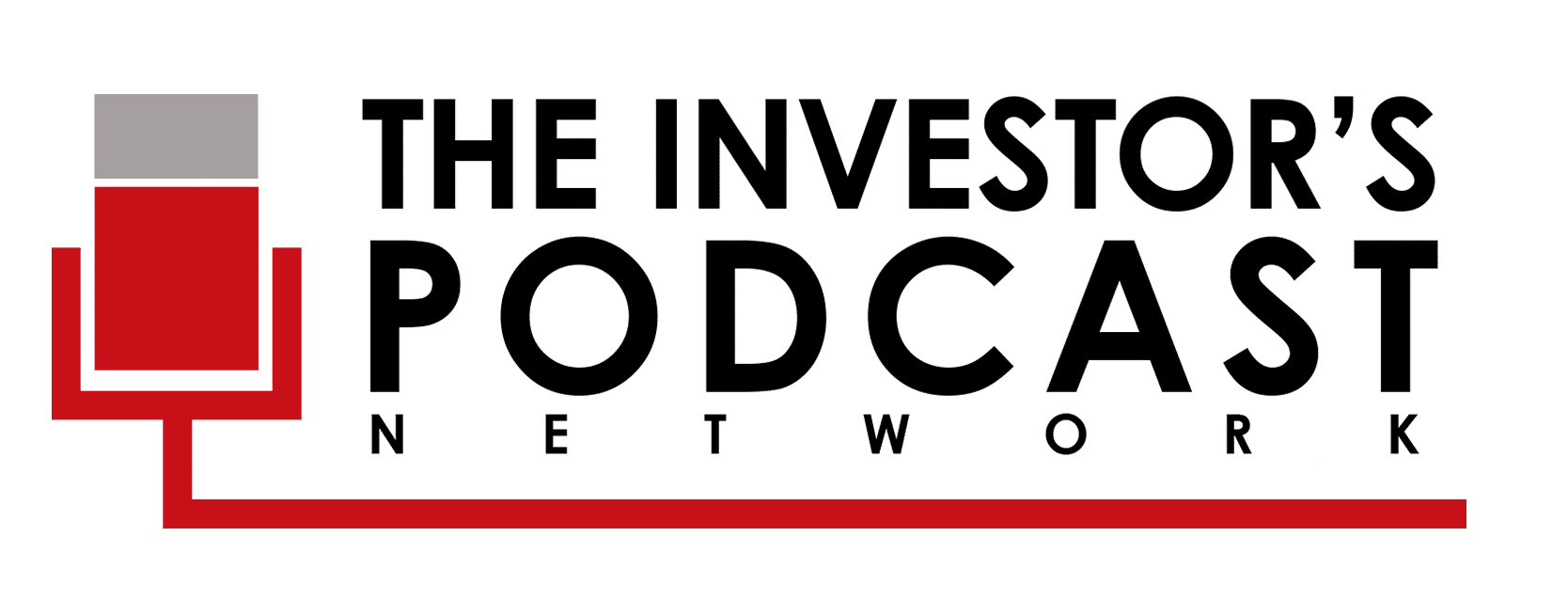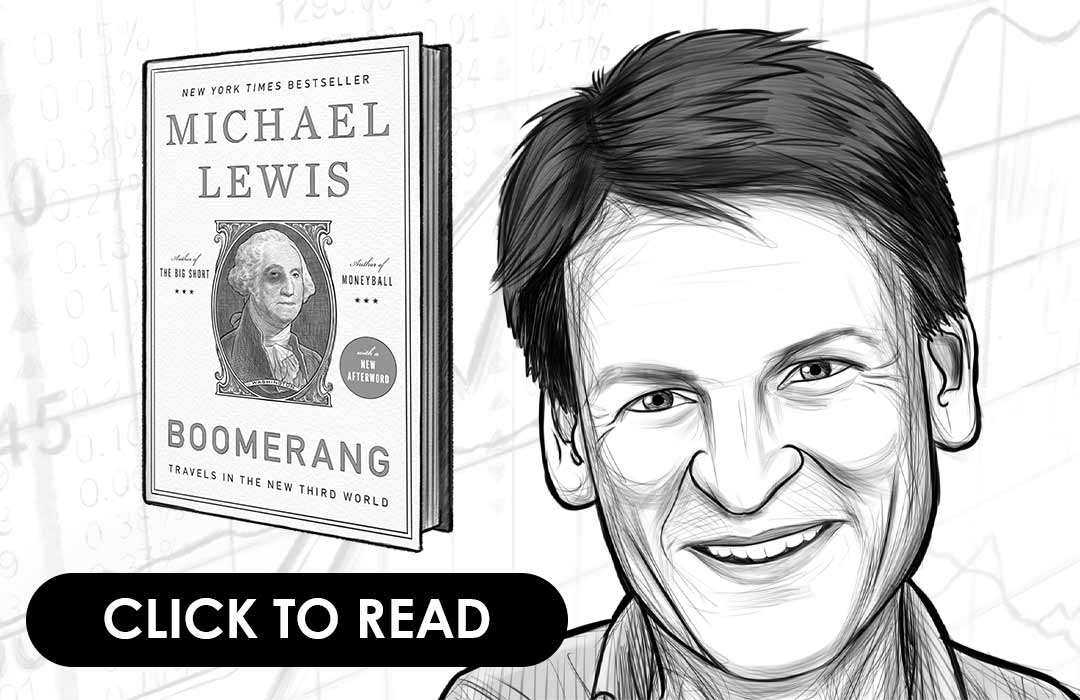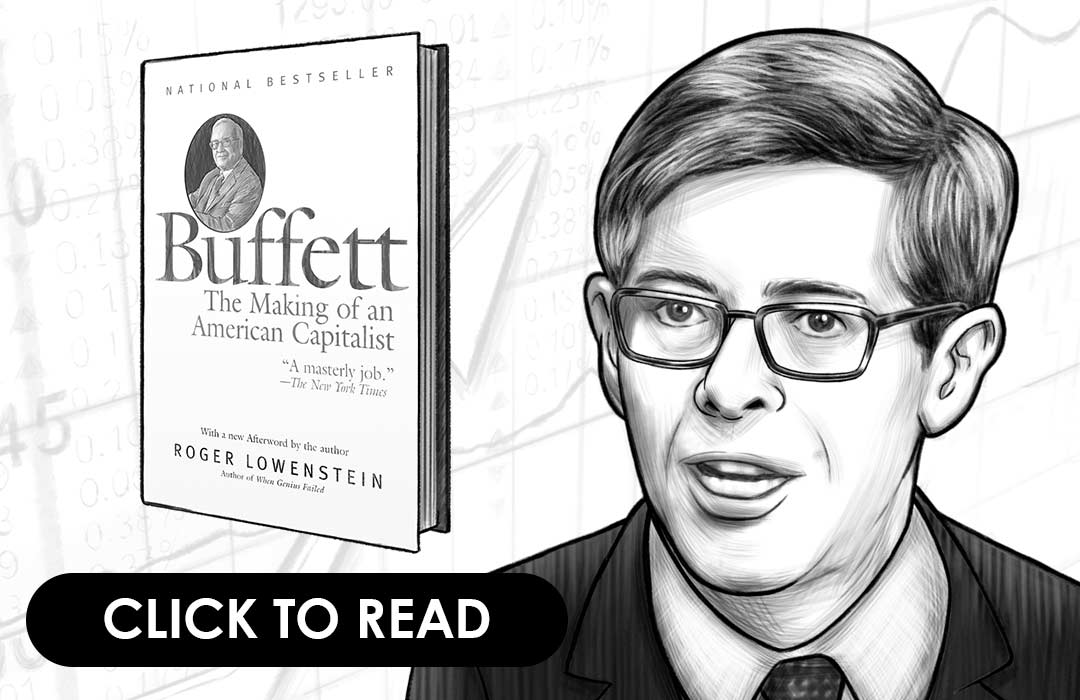An Executive Summary Of In The Plex
How Google Thinks, Works, And Shapes Our Lives By Steven Levy
WHO ARE LARRY PAGE AND SERGEY BRIN?
Larry Page and Sergey Brin are the co‐founders of Google and their combined net‐worth is approximately $58 billion dollars. Larry Page is an American computer scientist who studied at Stanford University. He is known for his brilliant problem-solving capabilities and was the CEO of Google from 1997 to 2001, then from 2011 to 2015. Sergey Mikhaylovich Brin is a Russian born American computer scientist who co‐founded Google along with Larry Page. Known as a math geek, Sergey also completed his graduation at Stanford University. It can be impossible to capture the essence of such a huge company in one book, but Steven Levy discloses many secrets in his book: In the Plex: How Google thinks, works, and shapes our lives.
PRESTON AND STIG’S GENERAL THOUGHTS ON IN THE PLEX
This was a very interesting book, but not something that had a lot of value-investing insights. Instead, this book was geared towards anyone interested in online business and the study of two interesting founders that see business from a very different vantage point. The numerous discussions on how Google’s advertising mechanisms work can be a bit long, but necessary for anyone really wanting to fully understand how Google thinks and operates. If you’re looking for a book that’s going to give you good stock investing advice, this isn’t the right book. If you’re looking for a very interesting topic that shows the importance of vision and thinking big, you’ll love it.
PREFACE OF IN THE PLEX
Google is a huge machine – a machine that voraciously sucks up information and eagerly shares it with the world. It’s the unrivalled master of languages and is a reservoir of knowledge. Simply put, Google is an example of a mechanical and evolving brain, thanks to its highly intelligent software. What started as a research project for Page and Brin ended up becoming one of the biggest companies on the planet. The idea was to change the world and since Google has become a part of our lives, it has succeeded in its mission.
Understand the financial markets
in just a few minutes.
Get the daily email that makes understanding the financial markets
easy and enjoyable, for free.
CHAPTER 1: THE WORLD ACCORDING TO GOOGLE: BIOGRAPHY OF A SEARCH ENGINE
Page and Brin met each other at the prestigious Stanford University and pretty soon, despite the contrast in their personalities, they famously became known as LarryAndSergey. It was the era when e‐commerce emerged as a profitable business for many internet giants like eBay and Amazon.
Page and Brin focused on ‘search,’ an important factor in obtaining immeasurable knowledge and set up ‘PageRank,’ a powerful algorithm that analyzed millions of links and numbered them according to their importance. The idea originated from academia where Brin and Page found that the importance of an academic publication could be judged based on how many other academics references a document would link to.
The search engine became an encyclopedia of priceless information. In the early years known as BackRub Page and Brin renamed their project “Googol,” a mathematical term for the number 1 followed by 100 zeros. Once they realized the potential of their treasured search engine, they moved out of the Stanford University and renamed it Google.
Google was a small company, but this little search engine displayed its strength in butting against various performance issues. This worked as a major temptation for computer scientists who were interested in research. While other companies succumbed to pressure and began shutting down their businesses, Google focused on hiring some of the brainiest engineers who understood how the internet worked. Within a year, Google had managed to amass top class scientists like Marissa Mayer, Jeff Dean, Krishna Bharat, Anurag Acharya, Ben Gomes, Urs Hölzle and of course, Amit Singhal. These scientists were hungry for knowledge and recognized the vision of their company’s young founders who were set to develop technology that could change the world.
However, Google faced numerous problems related to infrastructure, thanks to its enormous growth in a short period of time. They also struck a deal with Yahoo to efficiently handle all their search traffic and that’s when the game changed. All the users who used Yahoo were introduced to a magic search engine that literally had answers to all their questions.
Gradually, Google managed to solve all their issues but a major breakthrough occurred when the search engine was modified to understand the context of millions of words in the English language. While other search engines offered results that weren’t really useful to the users, Google’s search engine had the ability to understand what the user sought.
CHAPTER 2: GOOGLENOMICS: CRACKING THE CODE ON INTERNET PROFITS
In the early 2000s, Google was completely focused on building its infrastructure to manage its business. It faced dizzying costs due to hiring and infrastructure expenditures. However, as always, Google found a way out of its predicament mainly due to its new invention – AdWords. It was an advertising service for businesses that were interested in placing ads on Google. Interestingly, AdWords enabled companies to set specific budgets for advertising and they would pay only when users clicked their ads.
As it was a win-win situation for the companies, users, and Google, AdWords was a smashing success and no other company has been able to match it since. Google reaped enormous profits with AdWords and since then, it hasn’t stopped. With revenues of $347 million in 2002 and almost a billion in 2003, AdWords was Google’s secret weapon.
Google also developed AdSense to supplement its income, but it was also the time to shop for companies. Google bought Blogger, Urchin software and other businesses the founders perceived as ‘Googley.’ In 2004, Google went public in a massive IPO.
CHAPTER 3: DON’T BE EVIL: HOW GOOGLE BUILT ITS STRUCTURE
Although Google was an internet behemoth, its founders and culture were different. One of the main reasons that contributed to Page and Brin’s success was their ability to question almost everything, thereby innovating new ideas and learning more in the process. Like kids, they absorbed everything and the same ‘Montessori’ attitude was induced into Google’s corporate culture.
The company offered great perks including free food, Swiss massages, and frequent doctor check‐ups to its employees. They also provided a learning center known as the ‘Google University’ to help employees gain more Knowledge. The hiring process was painful to the employees since it dragged between 6 months to a year, but once they were hired, the company offered various resources to help in the development.
The founders enforced a transformational processes such as Objectives and Key Results, also known as OKRs, to organize the company that housed more than 20,000 employees. It was mandatory for every employee, including the CEO and founders, to set and get the OKRs approved, whether it was a quarterly or annual goal. It was treated as holy data that could access every employee’s performance and Google considered its data the most valuable asset behind its talent. Whether or not the employee, or the CEO, met the OKR requirements the results were open to all Google employees.
The company also stood by its motto – Don’t be Evil, as it reminded employees to always take the right path and do something good. It was their goal to make the world a better place and they stood by it, even during turbulent times.
CHAPTER 4: GOOGLE’S CLOUD: BUILDING DATA CENTERS THAT HOLD EVERYTHING EVER WRITTEN
In a period of time where the internet was just gaining popularity, many users often encountered frustrating situations where they had to constantly delete and manage their emails in limited space. Google released its trump card in the form of Gmail by offering about 1GB free space to its users.
Google subsequently began offering more space and the product was released on April 1st. The company was notorious for its jokes on April Fool’s day and with the vast amount of space offered free to 1,000 outsiders new users, many in the public thought the new service was a joke. At the time, Yahoo offered 4MB and Microsoft only offered 2MB space.
It was time for Google to build its own data centers to reduce extra costs. In addition, they also began to purchase their own fiber to minimize costs as much as possible. Known as a secretive company, Google never disclosed the actual number of data centers it possessed, but they also never denied the fact that they housed millions of servers in those data centers.
At this point, Google also released Chrome, a browser that was developed to operate faster than Firefox and Internet Explorer. The idea was simple. A faster browser meant more searches, and more searches equated to more money for Google. Chrome was not an improvement to the current browser – it was state of the art and moved 56 times faster than Internet Explorer at the time of the launch. Chrome became so popular that it had about 120 million users by 2010.
CHAPTER 5: OUTSIDE THE BOX: THE GOOGLE PHONE COMPANY AND THE GOOGLE TV COMPANY
Google continued to acquire companies and after Writely and Zenter, they bought Android, a small start‐up from Andy Rubin (the founder of the T-mobile Sidekick phone). Android was released as G1, but it failed to compete against Apple’s iPhone, which created waves in the market due to its spectacular display and impeccable design. G1 had an advantage over iPhone since users could synchronize their favorite Google products, such as Gmail, Android browser, and Google Maps. After much marketing and a spiral software development, Android became a major competitor to Apple with its open architecture software.
At this stage, Google released ‘Google Voice.’ This program allowed users to make domestic calls for free. The service also translated voice messages into the form of text and sent it to the users through email. Another important step for Google was the acquisition of YouTube for $1.65 Billion. Too many, this seemed like an unorthodox purchase. At the time, the site had very little revenue, and it even had problems with copyright infringements. However, Page and Brin felt that they were paying a $1 Billion premium for the speed of the trajectory. Although many analysts called the decision crazy, time has proven the brilliance of the move.
CHAPTER 6: GOOGLE’S MORAL DILEMMA IN CHINA
With the rise of the internet era, several companies scrambled to tighten their security structure and fight against hackers. Google was expanding overseas and after their expansion to India, Zurich, Israel, and Tokyo, it was time to spread to China.
While Page and Brin took the decision to expand to China and offered their services to millions of users, the Chinese government wasn’t thrilled with Google’s open policy of displaying search results without filters. Google, launched as ‘Guge’ in China, and also faced a lot of criticism when several people pointed out that they weren’t abiding by their motto of not being evil.
Although the founders originally said, “China had 5000 years of history and Google has 5,000 years of patience on the Chinese market,” they quickly reconsider their patience. In addition, China’s strict licensing requirements and blatant disregard for their users wasn’t received well by Google. Ultimately, disaster struck when the company’s computers were hacked and their primary intellectual property was stolen. The hack was traced back to the Chinese government.
Since Google had no other alternative, it revolted against the government and announced its plans of displaying organic search results, completely disregarding their policies. This was probably the most embarrassing period of time for Google and the founders faced a lot of flak for their decision. Although Google was alive in China, they knew the cold reality of the situation.
CHAPTER 7: GOOGLE.GOV: IS WHAT’S GOOD FOR GOOGLE GOOD FOR GOVERNMENT – OR THE PUBLIC?
As Google expanded with a rapid pace, they also developed a close relationship with Barack Obama, who was a senator at the time. The company also contributed to a large extent in the election campaign and several Googlers, including Katie Stanton, Andrew McLaughlin, and Sonal Shah quit Google and joined the White House. However, both the government and Google found the public criticized them – constantly.
Consequently, Obama, who had become the President, found that Google’s logic and metric system didn’t receive any kind of cooperation in Washington. Google had almost 300 employees in its Legal Department and had its hands full with lawsuits. The lawsuits were from content providers who alleged that Google infringed copyright and from advertisers who weren’t satisfied with the ranking system.
But, Google had to focus on many more problems at the time and the biggest was the antitrust issue. In 2007, the company purchased a company known as DoubleClick for $3.1 billion. It was the biggest acquisition in Google’s history and it had managed to buy the company against opponents like Microsoft. As the news about Google’s huge acquisition spread like wildfire, the Government was instigated to launch an investigation to check if the contract violated antitrust laws.
Meanwhile, Google also launched Google Print, a mega-project with the ambition to scan millions of books that were in print. Amazon also launched ‘Search inside the book’ feature at the same time and this sent shockwaves inside Google. However, publishers trusted Google more since the company agreed to display only a part of the books’ snippets. Google wasn’t competing against bookstores, but it was merely alerting customers to books they would want to purchase.
However, even this move was met with a lot of opposition from people who feared that Google was infringing on Copyrights. As turmoil ensued, Google’s founders realized that they were challenged constantly and realized that logic and data wouldn’t work with the public every time.
Understand the financial markets
in just a few minutes.
Get the daily email that makes understanding the financial markets
easy and enjoyable, for free.
CONCLUSION: GROWTH OR FAILURE?
There’s no question about Google’s success, considering the IPO numbers and the revenue they have generated. Google’s phenomenal success is credited to the founders who showed the world that there’s no limit to innovation and creativity. Even today, it is impossible to imagine the scope of the products that will be released in the near future due to its secretive nature. Although Google might have an enormous upside, it’s certainty for producing similar results into the long‐term future is difficult to predict.







